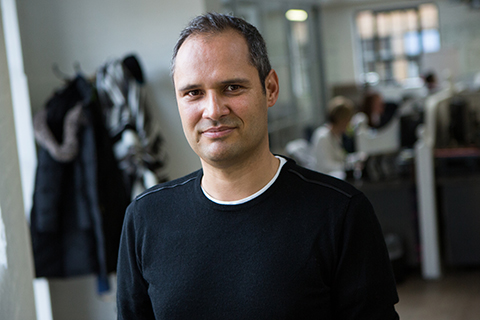To coincide with a special networking event we held at Balderton's HQ in London last week — where we bought together Silicon Valley veterans to our office to meet each other and share ideas, Balderton's Lars Fjeldsoe-Nielsen has outlined his thoughts about being back in Europe, three years after his return from a ten-year tour of duty in Silicon Valley.
If you'd like to be included in future Valley Veterans community events please let us know!
If you know people considering a move to join tech in Europe, tweet or share this link: https://goo.gl/B4Zrc2.








